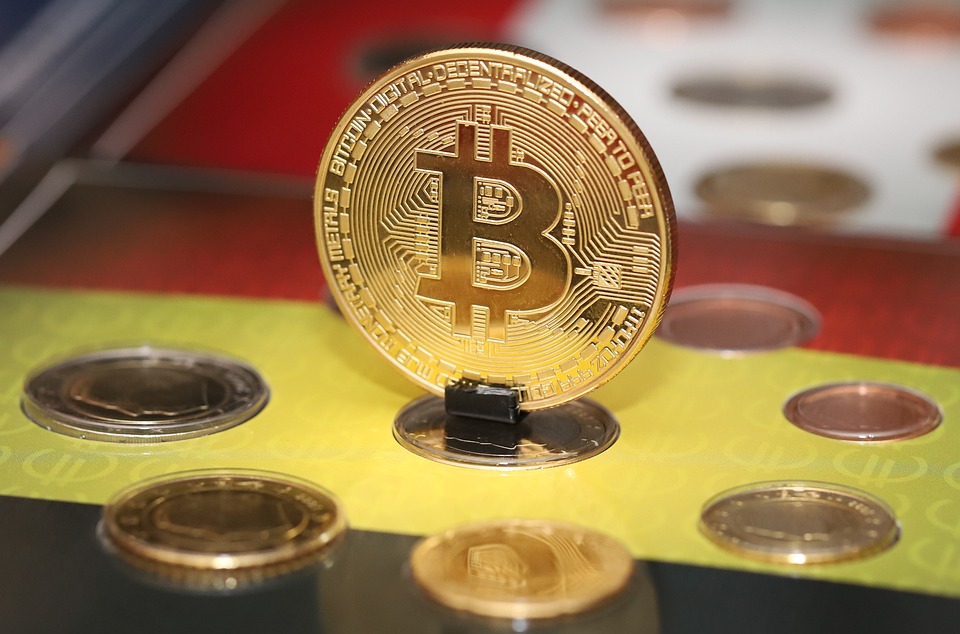The Rise of Decentralized Exchanges: What You Need to Know
The cryptocurrency landscape has been undergoing a significant transformation over the past few years, with decentralized exchanges (DEXs) emerging as a critical component of this evolution. As traditional finance and digital assets converge, understanding the role and implications of DEXs is essential for investors, traders, and enthusiasts alike.
What are Decentralized Exchanges?
Decentralized exchanges are trading platforms that operate without a central authority, allowing users to trade cryptocurrencies directly with one another. Unlike centralized exchanges (CEXs), which require users to deposit funds into an exchange wallet, DEXs facilitate trades through smart contracts on blockchain networks. This structure provides enhanced security, privacy, and control over assets.
Key Features of DEXs
1. **Non-Custodial Trading**: DEXs allow users to maintain control of their private keys and funds, reducing the risk of hacks and theft associated with centralized platforms.
2. **Privacy and Anonymity**: Many DEXs do not require personal information or identity verification, enabling users to trade anonymously.
3. **Global Accessibility**: Anyone with an internet connection can access DEXs, making them available to individuals in regions with limited banking infrastructure or strict financial regulations.
4. **Token Variety**: DEXs often support a wide range of tokens, including new and lesser-known projects, providing users with more trading options.
The Growth of DEXs
The rise of DEXs can be attributed to several factors:
– **Security Concerns**: High-profile hacks of centralized exchanges have raised awareness around security and the importance of self-custody.
– **Regulatory Pressures**: Increasing scrutiny on centralized exchanges has led many traders to seek alternatives that operate outside of traditional regulatory frameworks.
– **DeFi Revolution**: The decentralized finance (DeFi) movement has propelled the popularity of DEXs as users seek to engage with lending, borrowing, and yield farming without intermediaries.
Popular Decentralized Exchanges
Several DEXs have gained prominence in the crypto space:
– **Uniswap**: A leading DEX on the Ethereum blockchain, Uniswap utilizes an automated market maker (AMM) model, allowing users to trade tokens directly from their wallets.
– **SushiSwap**: Originally a fork of Uniswap, SushiSwap has expanded its offerings to include yield farming and staking, attracting a diverse user base.
– **PancakeSwap**: Operating on the Binance Smart Chain, PancakeSwap has quickly gained popularity due to lower fees and faster transaction times compared to Ethereum-based exchanges.
Challenges Facing DEXs
Despite their advantages, DEXs face several challenges:
– **Liquidity**: While many DEXs offer innovative solutions to boost liquidity, they still often struggle to match the trading volumes seen on centralized exchanges.
– **User Experience**: The complexity of using DEXs, including navigating wallets and smart contracts, can deter novice users.
– **Regulatory Uncertainty**: As governments around the world grapple with how to regulate cryptocurrencies, DEXs may face future scrutiny that could impact their operation and accessibility.
The Future of DEXs
Looking ahead, the future of decentralized exchanges appears promising. As technology continues to advance, we can expect improvements in user experience, liquidity solutions, and interoperability between different blockchain networks. Additionally, the growing interest in decentralized finance and non-fungible tokens (NFTs) will likely further drive the adoption of DEXs.
In conclusion, the rise of decentralized exchanges marks a significant shift in the cryptocurrency ecosystem. By offering enhanced security, privacy, and control, DEXs are reshaping how users trade digital assets. As this space continues to evolve, staying informed about the developments and trends surrounding DEXs will be crucial for anyone involved in cryptocurrency trading.



